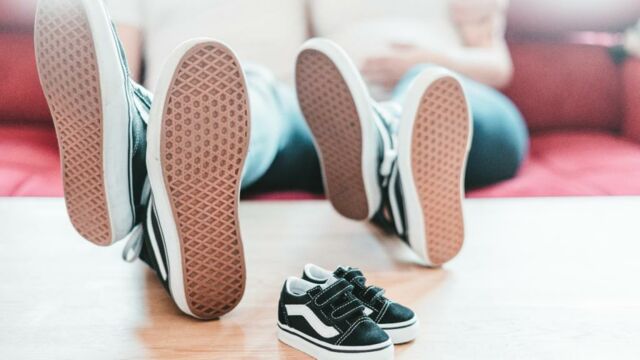Planning when to start a family can be a mammoth task, especially as you get older. Studies have found that fertility in women begins to decline at the mere age of 30, and recent research suggests that men are also less likely to have strong swimmers after the age of 50.
Discover our latest podcast
But thanks to technology, people have been able to freeze their genetic material for up to 10 years and given the growing trend of having children at an older age, many have been taking up that option.
Planned parenthood
The Telegraph reported that in 2018, the number of women freezing their eggs had risen by 460% since 2010. The rising popularity of storing genetic material has now urged the government to reconsider their terms of storage and they’ve decided to extend it from a 10-year period to 55 years. Health Secretary, Sajid Javid announced:
The current storage arrangements can be severely restrictive for those making the important decision about when to start a family, and this new legislation will help turn off the ticking clock in the back of people’s minds.
Storing genetic material
Currently, the standard storage period for both eggs and sperm is a maximum of 10 years, after which the individuals will have to decide on whether to use or throw them out. Under the existing legislation, only those who have certain underlying medical concerns will be able to store their material for up to 55 years.
The new law, however, will allow all aspiring parents to store their potential children for a period of 55 years. Every 10 years they will be asked whether they want to discard their eggs or sperm, or continue storing them.
According to The Guardian, the decision has been heavily supported by fertilisation experts who believe that the previous law inhabited reproductive choices of individuals. Chair of the Association of Reproductive and Clinical Scientists, Jason Kasraie said:
The current storage limits have in some cases negatively impacted upon reproductive choice for couples by placing an artificial deadline, which would not be faced by those attempting to conceive naturally, on treatment.
The proposed, fairer, storage limits will help to alleviate unnecessary stress for our patients and streamline the process of storage for assisted conception clinics.















